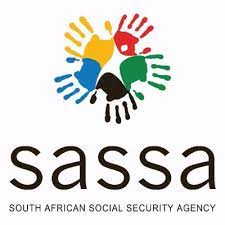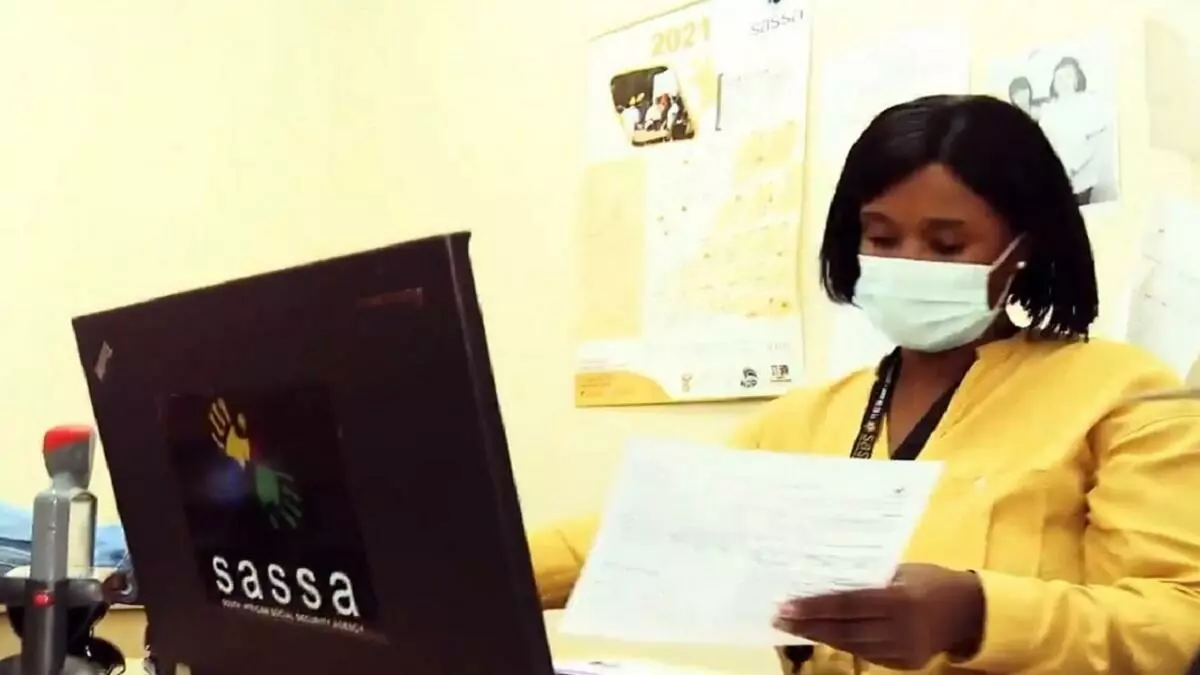If you have been approved for the Social Relief of Distress grant but have no payment date, then here’s what you can do about this.
The South African Social Security Agency (Sassa) has advised beneficiaries of the Social Relief of Distress (SRD) grant, who chose the cash send payment method and have no payment dates to provide their banking details on the Sassa website. This must be done, as they may not have a payment date due to the failure of their mobile number verification.
It is important that beneficiaries provide their own banking details, as their grants will not be paid into another person’s bank account. This is to ensure that the grant payment goes to the correct person and to avoid fraudulent activities.
The mobile number on which beneficiaries receive the SMS for the cash send payment method must be registered in their name. This is because Sassa will not pay the grant payment to a mobile number which is registered with another person.
Beneficiaries who chose the cash send payment method and have payment dates on their status, have been urged to contact the bank they have selected if they haven’t received their voucher.
Sassa has also stated that these beneficiaries can contact the bank they are registered with if they have mistakenly deleted the message with the voucher so that the bank can resend the voucher.
Here Are the Bank Contact Number for Cash Send Queries
- ABSA- 0 800 000 122
- TYME BANK- 0860 999 119
- NEDBANK- 0 800 555 111
- FNB- 0875 759 405
- Standard Bank- 0860 466 639
Beneficiaries of the R350 grant can collect their grant payments from the following places:
- Personal bank accounts
- Pick n Pay
- Boxer Stores
- Checkers
- Shoprite
- Usave
- Selected OK Foods Supermarkets.
Sassa has reminded beneficiaries that they do not need to collect their grants on the date that they are available, as the grant will remain in their accounts until it is needed.
The SRD grant is provided to South African citizens, refugees, asylum seekers, and special permit holders who are between the ages of 18 and 60 years old have insufficient means, do not receive social grants on their behalf, are not eligible for or do not contribute to the UIF payment, and have no other financial support.

